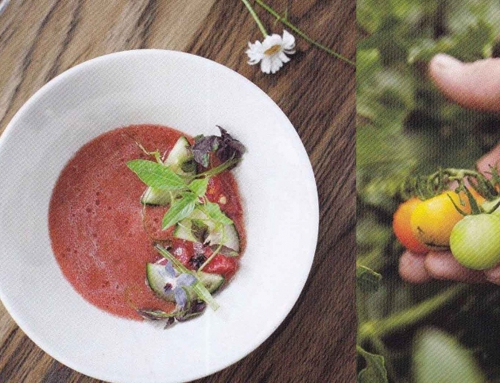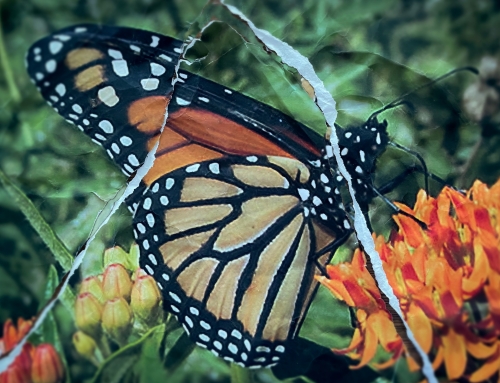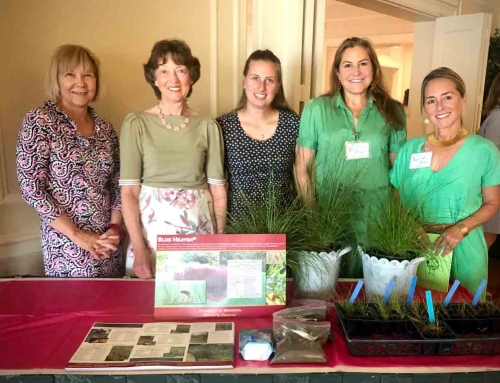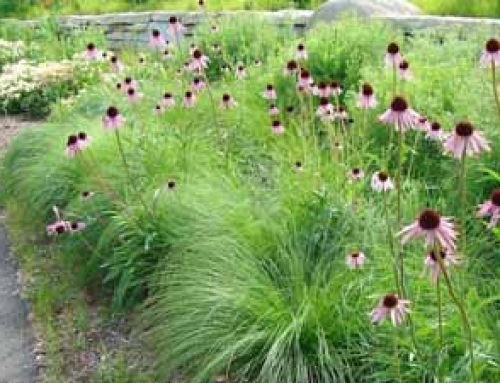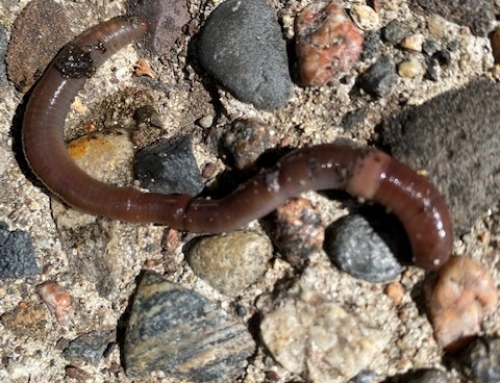From GCA website:
This exquisite native herbaceous perennial is a graceful addition to our extraordinary and growing family of Montine McDaniel Freeman Medal winners. Many thanks to the Freeman family for their ongoing support of this medal and all it represents.
Submitted by Seta Nersessian of the Fox Hill Garden Club, Zone I, Geum triflorum is an early bloomer on prairies and is a great nectar source for native long-tongued bees and butterflies as well as native bumblebees and sweat bees which ingeniously find their way into the flowers to harvest nectar.
The Freeman Medal Selection Committee is comprised of highly respected horticulturists from across the United States. The committee members were unanimous in their final decision about this lovely bloomer. Its early spring interest is followed by an amazing seed head display.

As Seta writes: “the real magic occurs after pollination when the silvery pink, fluffy fruit, or achenes, appear…the stems slowly turn upright, and the seed heads begin to form, creating plumes which persist for one to two months.” Hence the name prairie smoke or old man’s whiskers gives a perfect description of the plant after bloom.
Although prairie smoke is being challenged by taller, non-native plants in its native mesic prairie sites, it is readily adaptable to many other areas. Tolerant of poor soil, moderate drought, heat and humidity, Geum triflorum can be grown in sun or partial shade and is suitable for cottage gardens, prairies, meadows, and perennial beds. It is not favored by deer or burrowing animals.
Geum triflorum nearly has it all! The selection committee was eager for this plant to become more available across the country and to be planted wherever it might flourish and spread its magic.
Photo credit: Peggy Mayfield, Fox Hill Garden Club
Geum triflorum, prairie smoke,
Proposed by Seta Nersessian, Fox Hill Garden Club, Zone I

